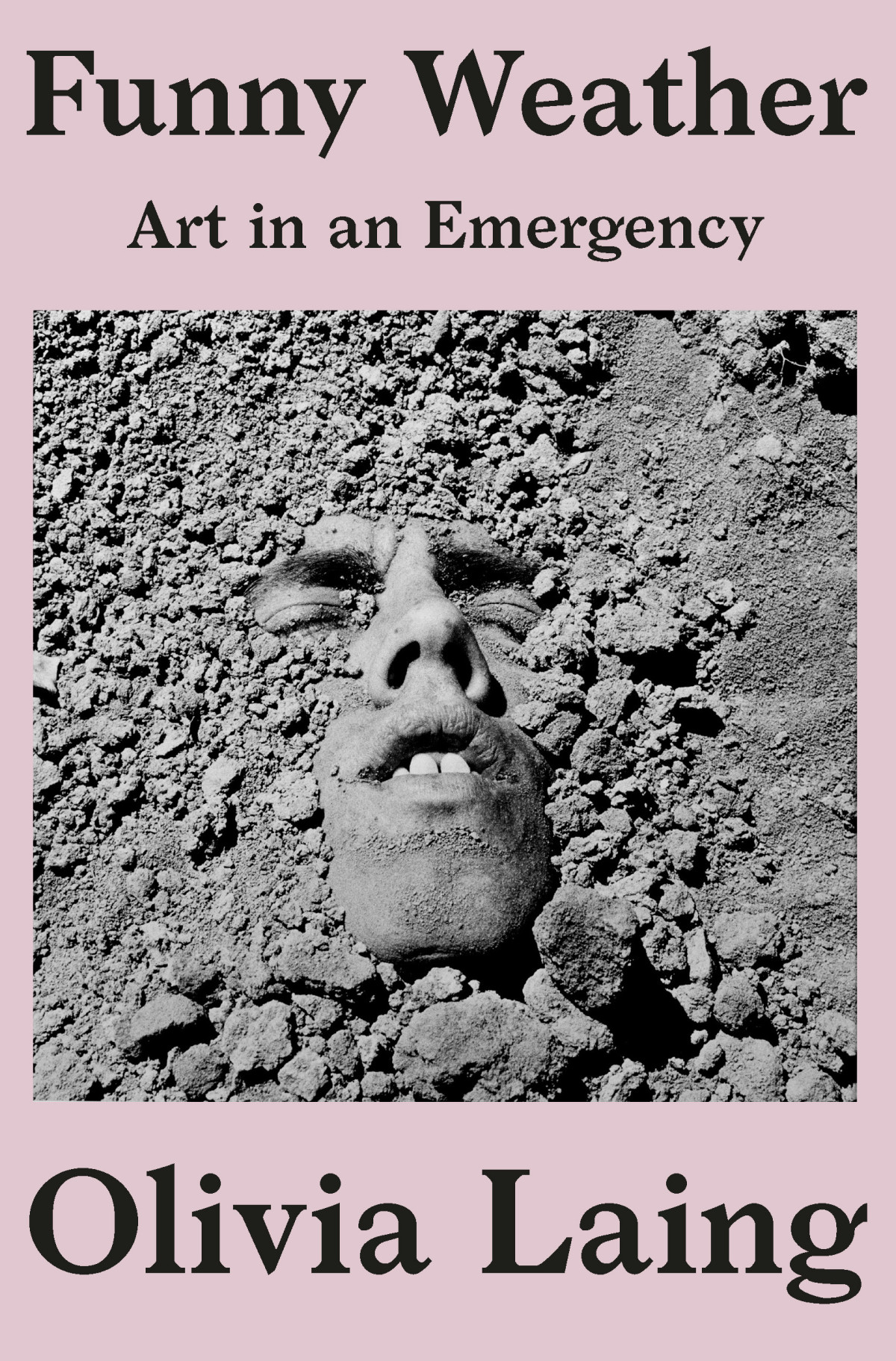

Most ebook files are in PDF format, so you can easily read them using various software such as Foxit Reader or directly on the Google Chrome browser.
Some ebook files are released by publishers in other formats such as .awz, .mobi, .epub, .fb2, etc. You may need to install specific software to read these formats on mobile/PC, such as Calibre.
Please read the tutorial at this link: https://ebookbell.com/faq
We offer FREE conversion to the popular formats you request; however, this may take some time. Therefore, right after payment, please email us, and we will try to provide the service as quickly as possible.
For some exceptional file formats or broken links (if any), please refrain from opening any disputes. Instead, email us first, and we will try to assist within a maximum of 6 hours.
EbookBell Team

4.7
46 reviews“One of the finest writers of the new nonfiction” (Harper’s Bazaar) explores the role of art in our tumultuous modern era. In this inspiring collection of essays, acclaimed writer and critic Olivia Laing makes a brilliant case for why art matters, especially in the turbulent political weather of the twenty-first century.
"A brave writer whose books open up fundamental questions about life and art." - Telegraph
Funny Weather brings together a career worth of Olivia Laing's writing about art and culture, examining their roles in our political and emotional lives. She profiles Jean-Michel Basquiat and Georgia O’Keeffe, interviews Hilary Mantel and Ali Smith, writes love letters to David Bowie and Freddie Mercury, and explores loneliness and technology, women and alcohol, sex and the body.
"Laing has acted as a kind of cultural sage for the past four years, an accidental literary grande dame of the emotional havoc wrought by late capitalism and digital disconnect." - New York Magazine
With characteristic originality and compassion, she celebrates art as a force of resistance and repair, an antidote to a frightening political time. We’re often told art can’t change anything. In Funny Weather, Olivia Laing argues that it can. It changes how we see the world, it exposes inequality, and it offers fertile new ways of living.